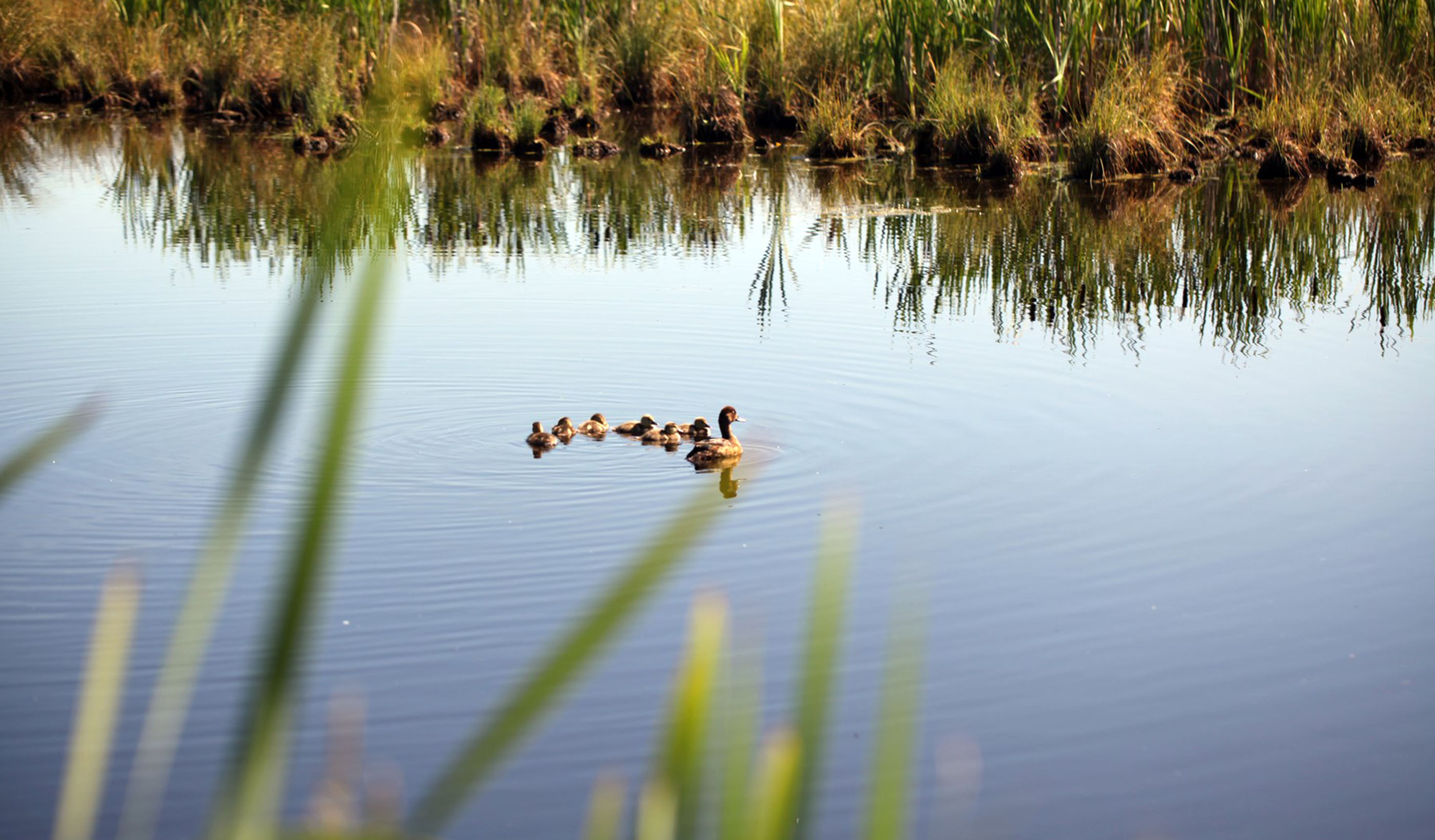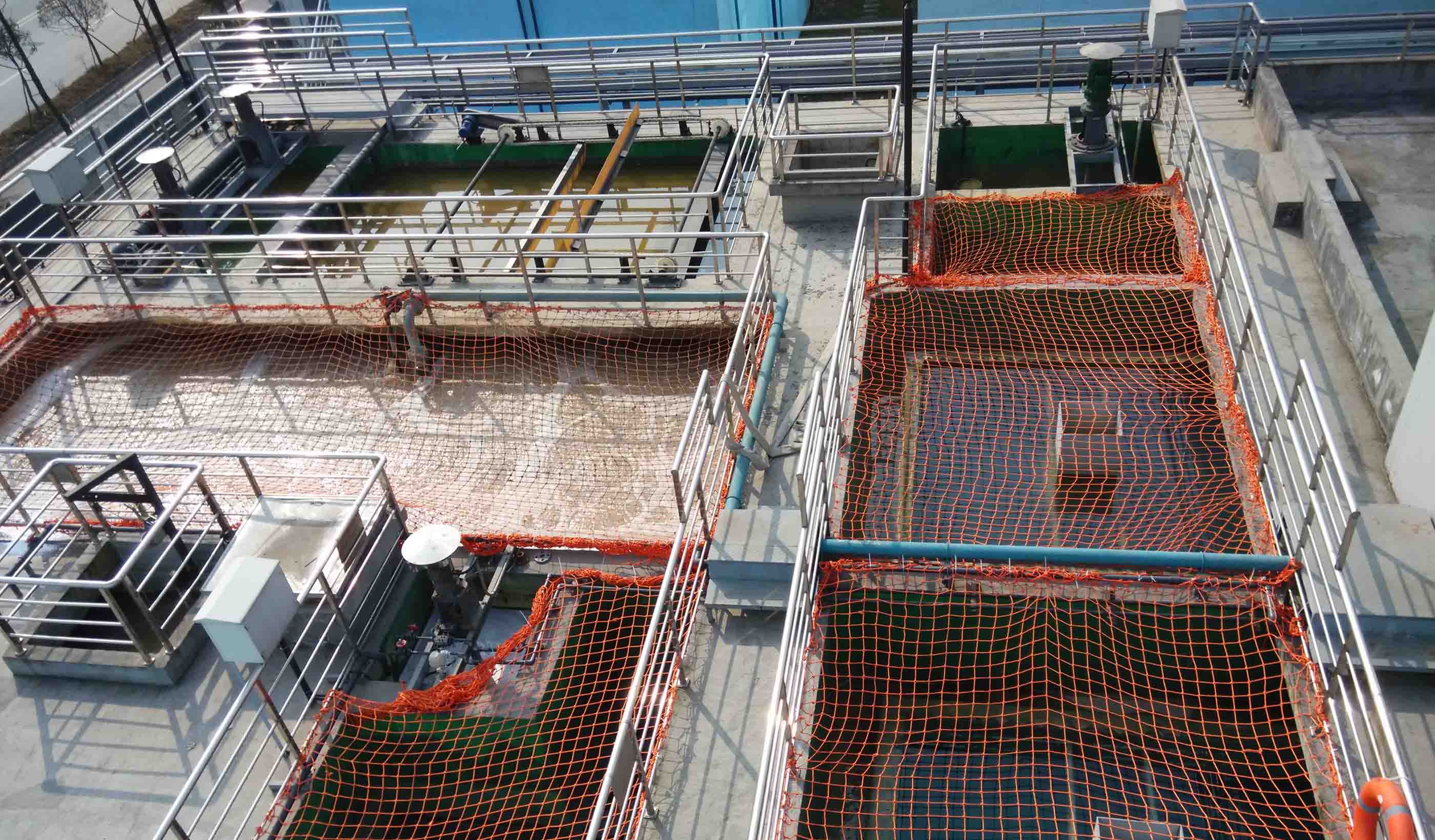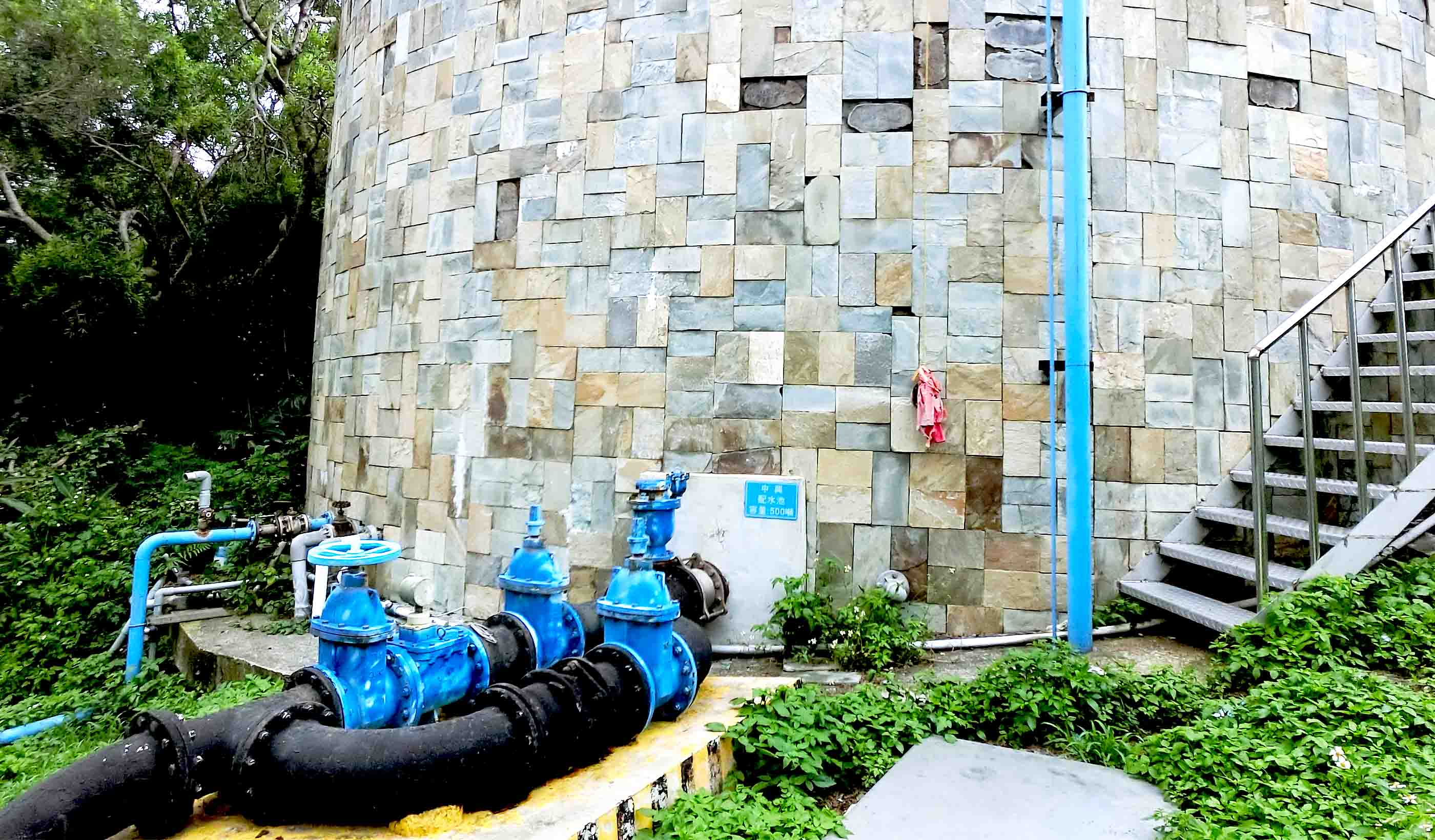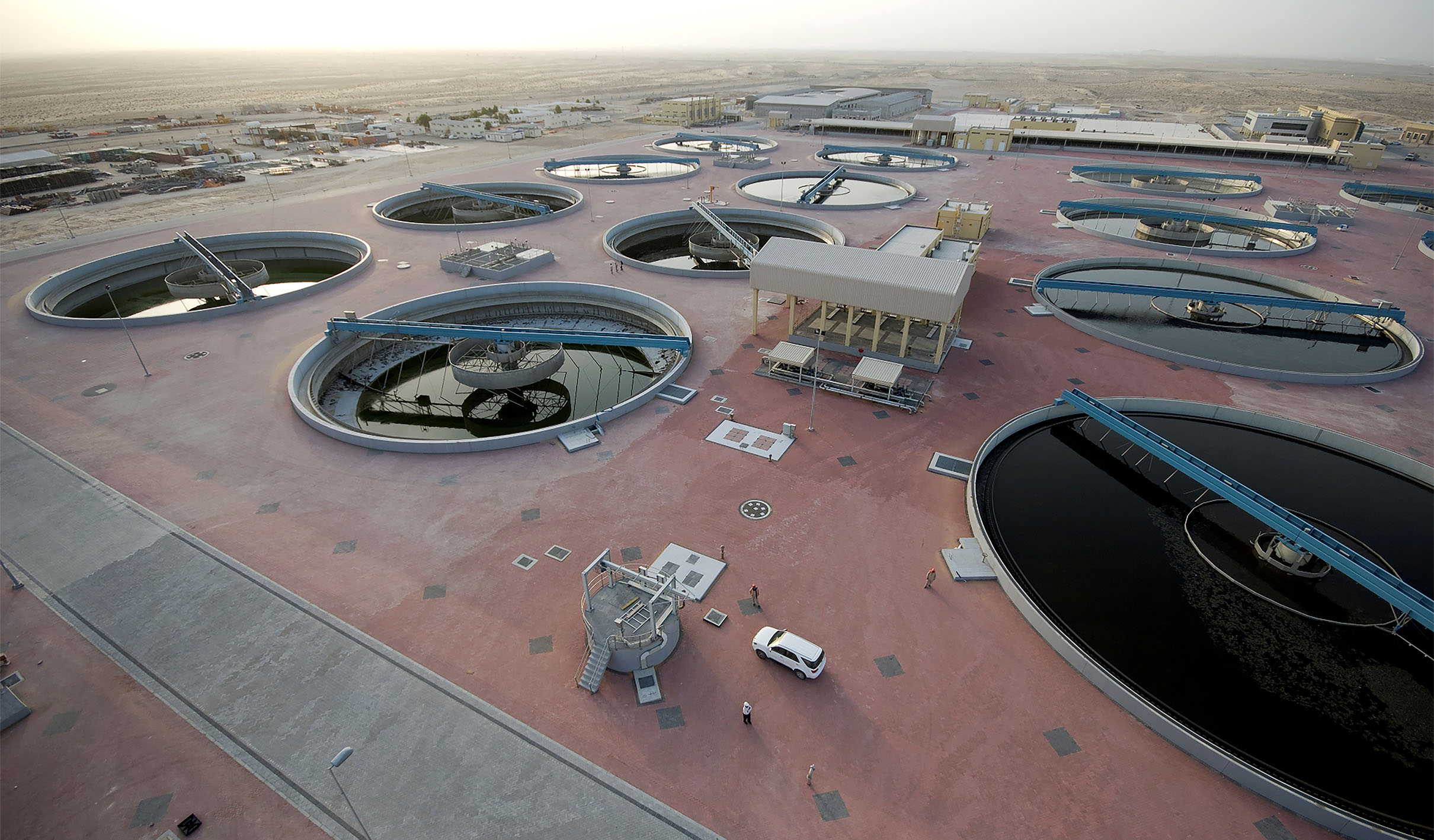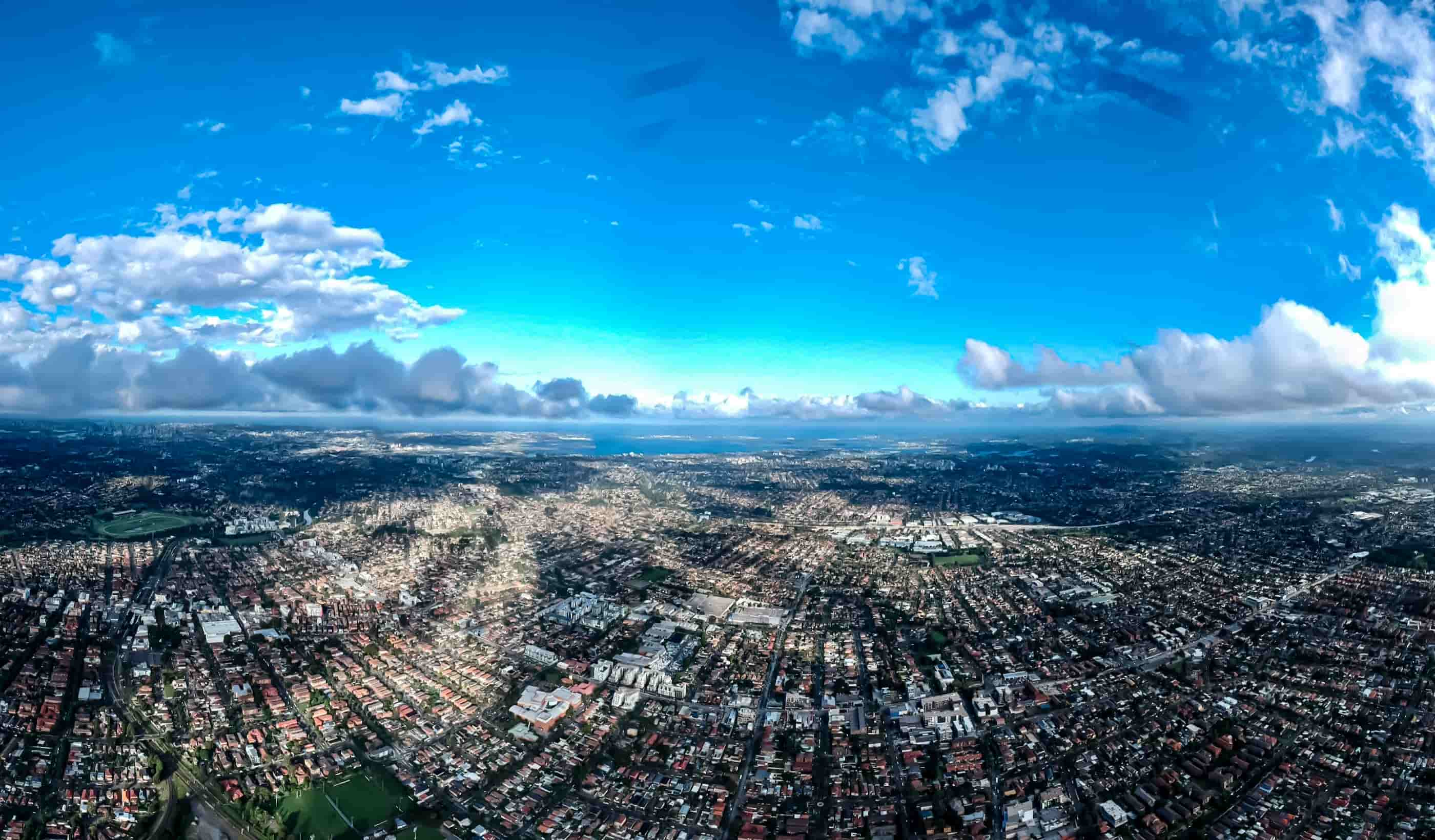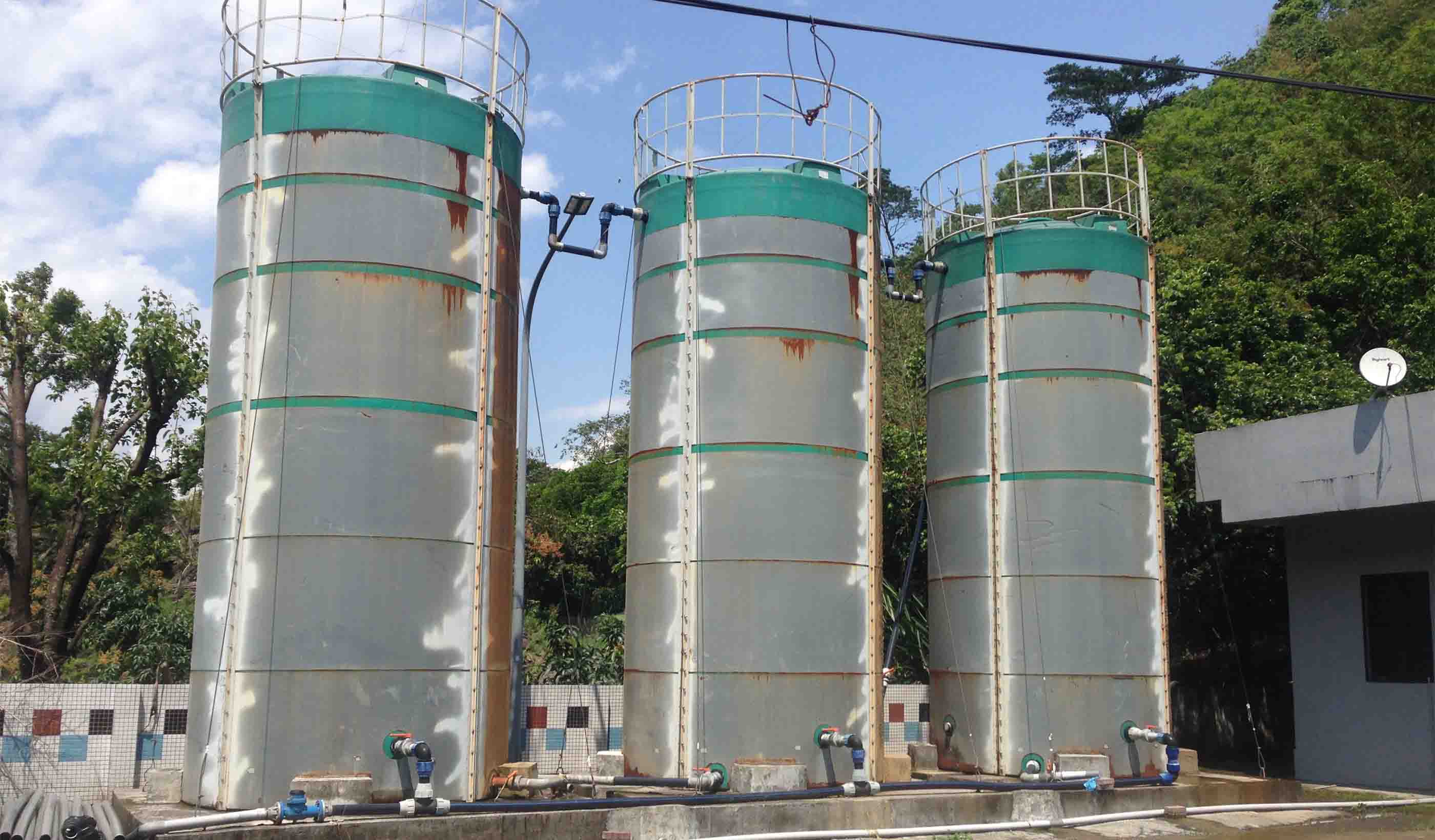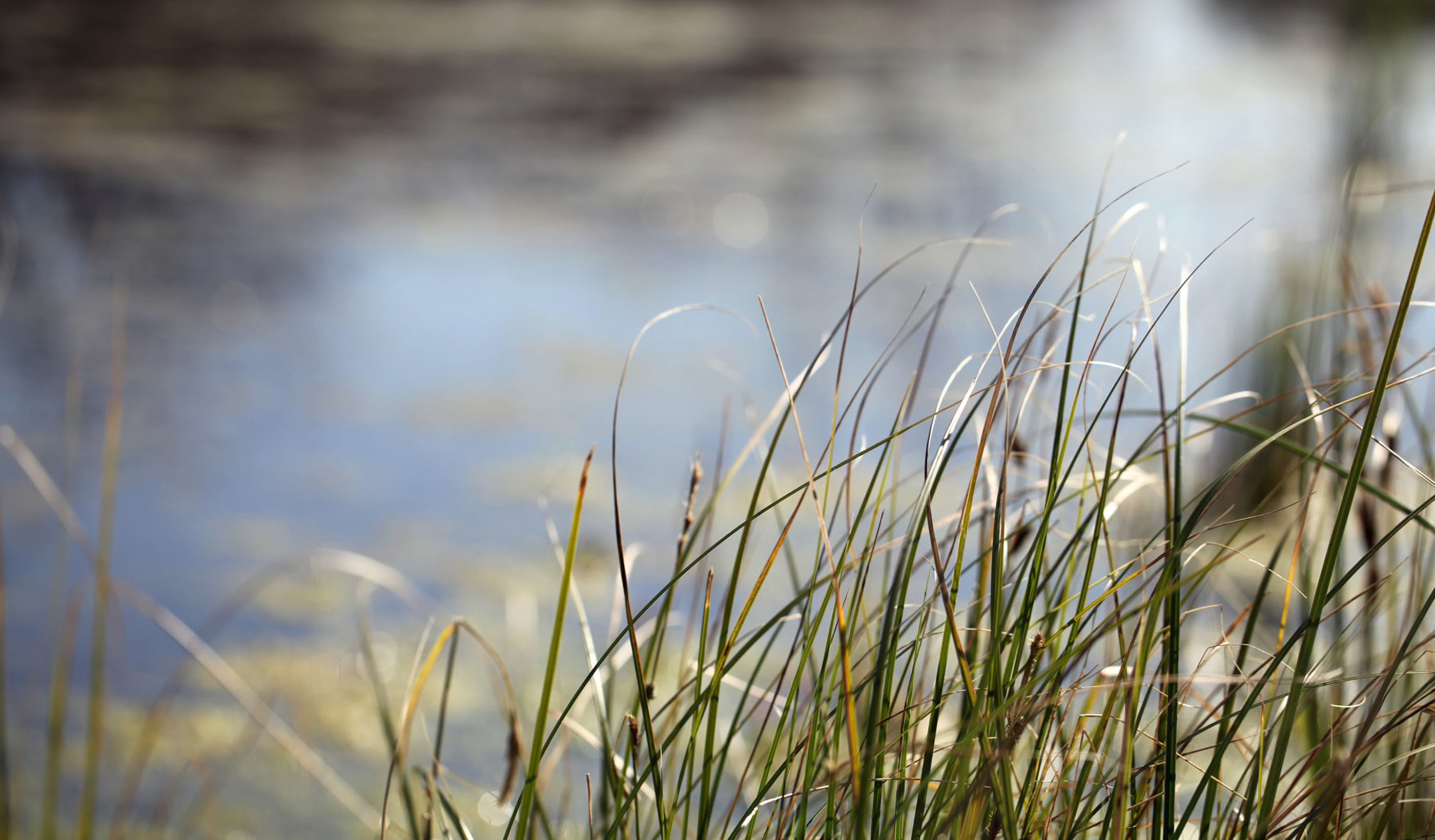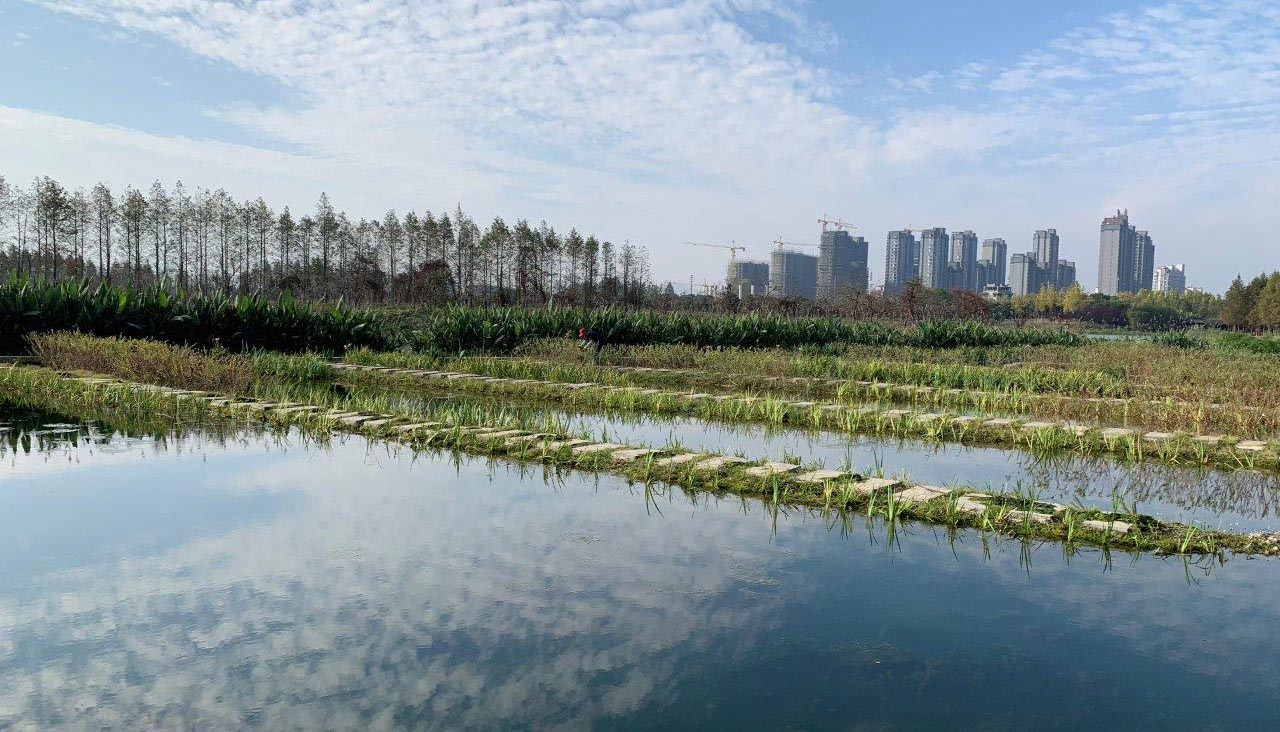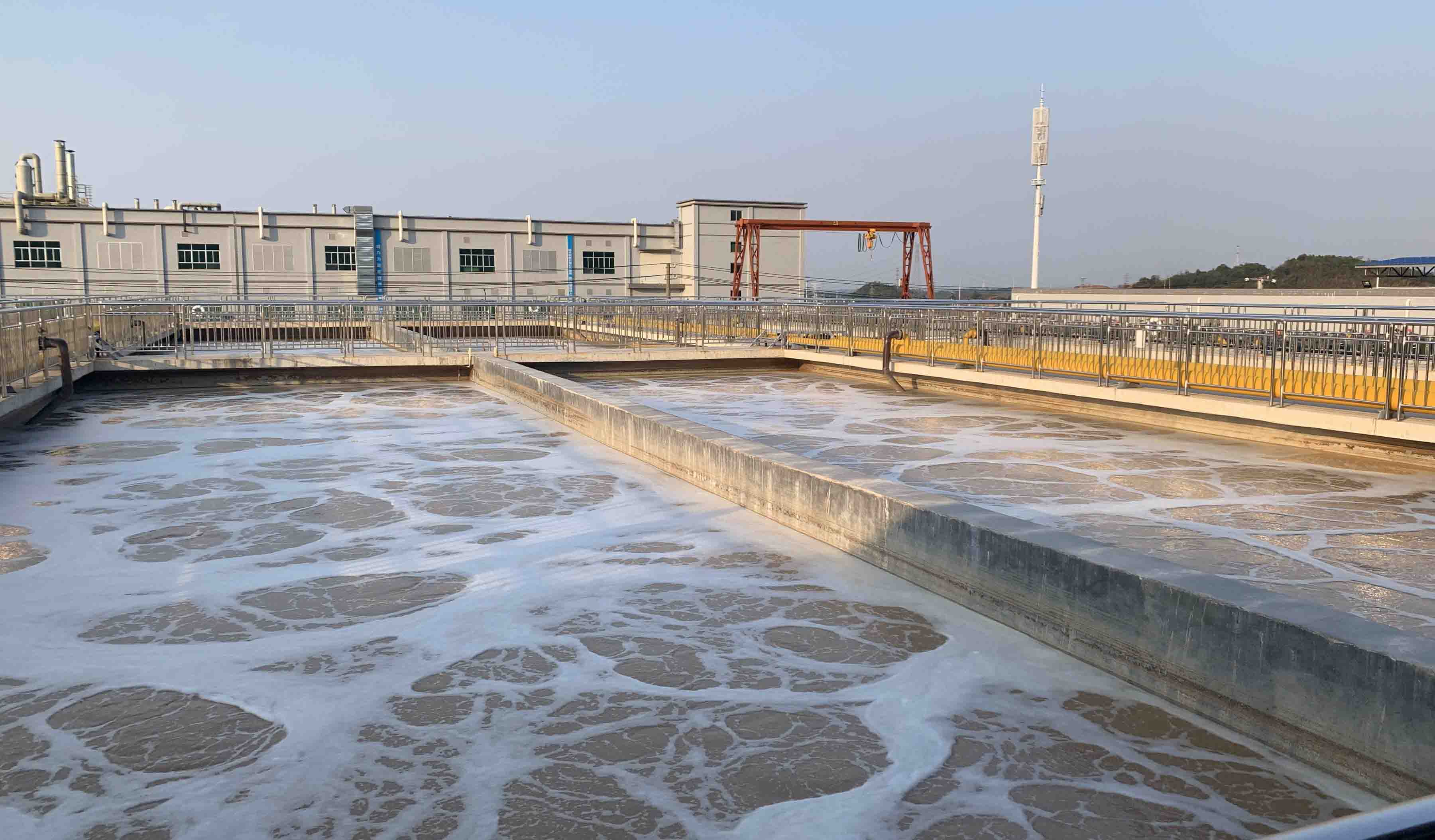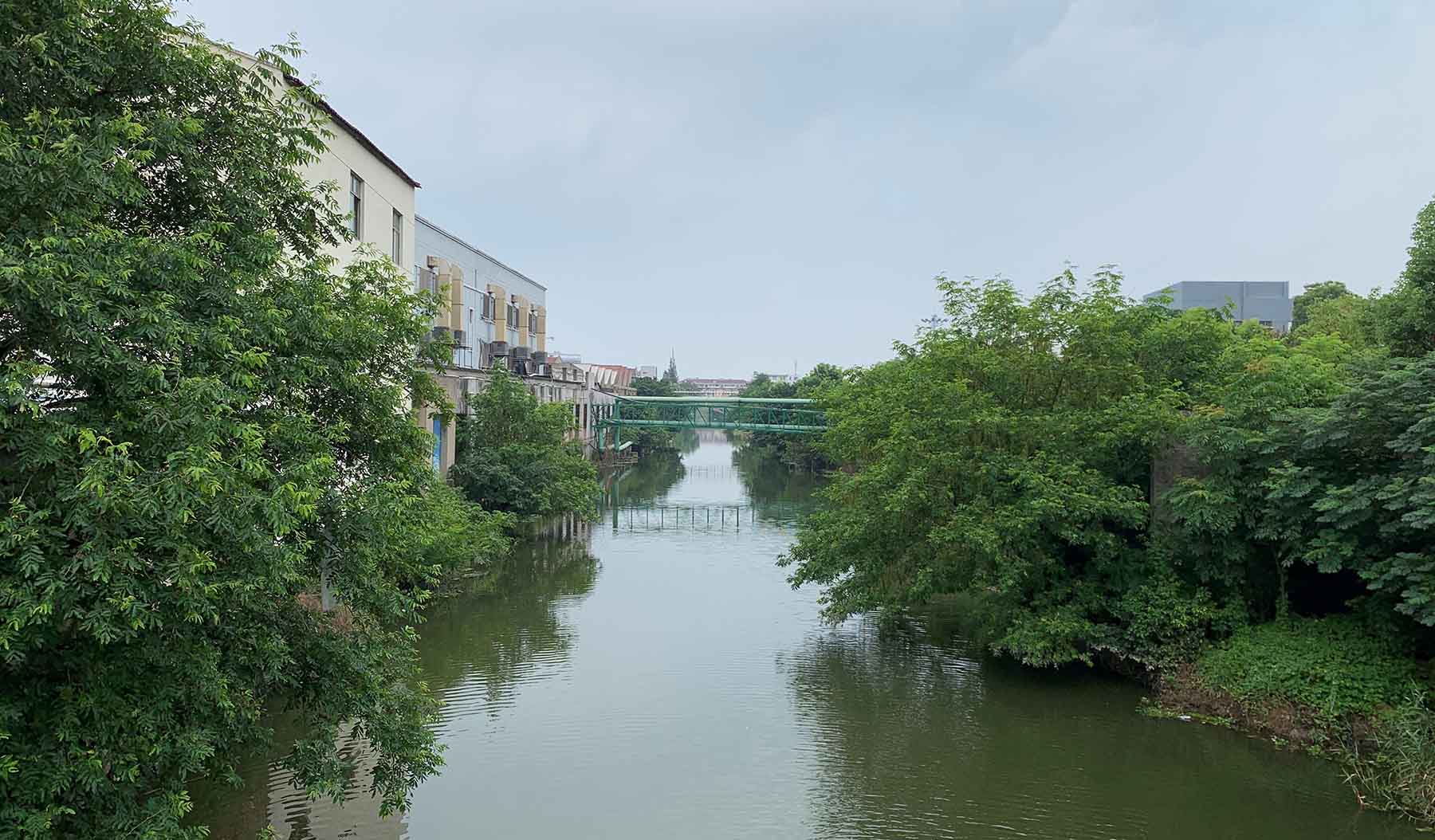At a Glance
-
10
Lakes and Ponds Surveyed
- Location
- Massachusetts, US
-
Client
-
-
Massachusetts Department of
-
Conservation & Recreation
-
-
Partners
-
-
University of Guelph
-
Precision Biomonitoring Inc.
-
- Location
- Massachusetts, US
- Client
-
- Massachusetts Department of
- Conservation & Recreation
- Partners
-
- University of Guelph
- Precision Biomonitoring Inc.
Share
Hydrilla and Zebra Mussel eDNA Surveys
The Massachusetts Department of Conservation and Recreation (DCR) prioritizes the detection of non-native hydrilla and zebra mussels in waterbodies for early detection, control, or eradication. Our team was engaged to conduct environmental DNA (eDNA) surveys to evaluate the presence of these species in high-risk lakes and ponds.
Detecting these species at initial introduction is imperative to prevent spread, but traditional survey techniques are expensive and can be ineffective at detecting species at low quantities. Testing for the presence of eDNA is a relatively new approach and involves sampling water to pick up traces of DNA without having to observe, handle, or capture the target species. Teaming with scientists at the University of Guelph and Precision Biomonitoring Incorporated (PBI), we developed and field-tested hydrilla and zebra mussel primers using physical local samples. During the pilot study, we were able to conclude that eDNA sampling is effective for determining the presence of zebra mussels and hydrilla.
Upon presenting our findings to the DCR, we were awarded a 3-year contract to conduct annual surveys to continue to monitor for both species in an expanded number of lakes and ponds. This allows us to provide accurate and timely information so that best management practices can be enacted to protect Massachusetts lakes and ponds.
At a Glance
-
10
Lakes and Ponds Surveyed
- Location
- Massachusetts, US
-
Client
-
-
Massachusetts Department of
-
Conservation & Recreation
-
-
Partners
-
-
University of Guelph
-
Precision Biomonitoring Inc.
-
- Location
- Massachusetts, US
- Client
-
- Massachusetts Department of
- Conservation & Recreation
- Partners
-
- University of Guelph
- Precision Biomonitoring Inc.
Share
We’re better together
-
Become a client
Partner with us today to change how tomorrow looks. You’re exactly what’s needed to help us make it happen in your community.
-
Design your career
Work with passionate people who are experts in their field. Our teams love what they do and are driven by how their work makes an impact on the communities they serve.

